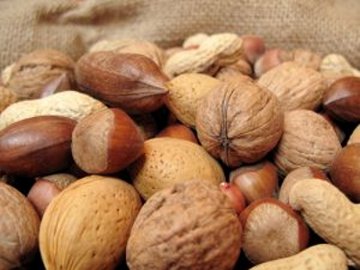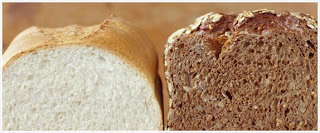
Stroke is the threat of a terrible disease because the process can take place quickly. If it is not at risk of death can be helped quickly, otherwise if it still can be saved will experience disability. The new study found that eating 3 bananas per day can help you lower your risk of stroke.
Researchers from Britain and Italy have found that eating three bananas a day can reduce stroke risk.
Researchers say that eating a banana for breakfast, a banana for lunch and a banana for the evening will provide adequate potassium to reduce the likelihood of suffering blood clots in the brain about 21 percent.
Besides bananas, the findings also show that stroke can be prevented by consumption of potassium-rich foods such as spinach, beans, milk fish and lentils.
In a recent study, researchers analyzed data from eleven different studies and collect the results to get the overall result.
Researchers found a daily intake of about 1,600 mg of potassium, less than half the recommended daily amount for adults England 3500 mg, is enough to reduce the risk of stroke more than a fifth.
The average banana contains about 500 milligrams of potassium, which helps lower blood pressure and control the fluid balance in the body.
Too little potassium can cause gastrointestinal irritability, nausea, irregular heartbeat and diarrhea.
"Intake of potassium in most countries is far below the recommended daily amount," said researchers from the University of Warwick and University of Naples, as reported by Indiavision, Friday (8/7/2011).
And if people eat foods rich in potassium and also reduce salt intake, the global annual death rate from stroke could be cut more than one million people per year.




